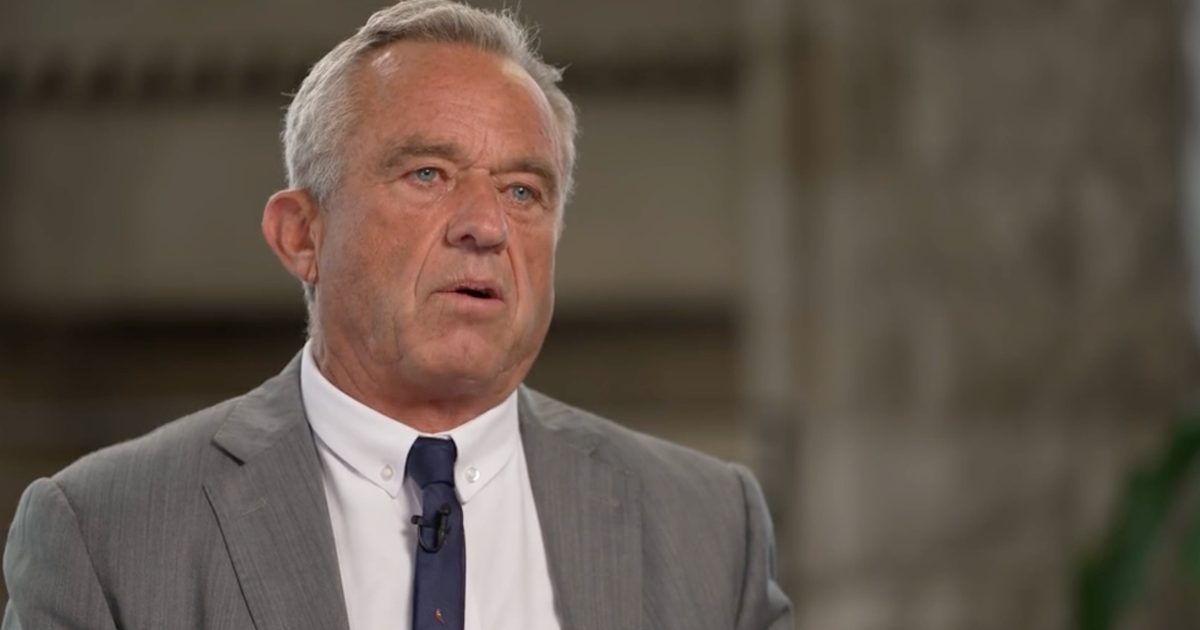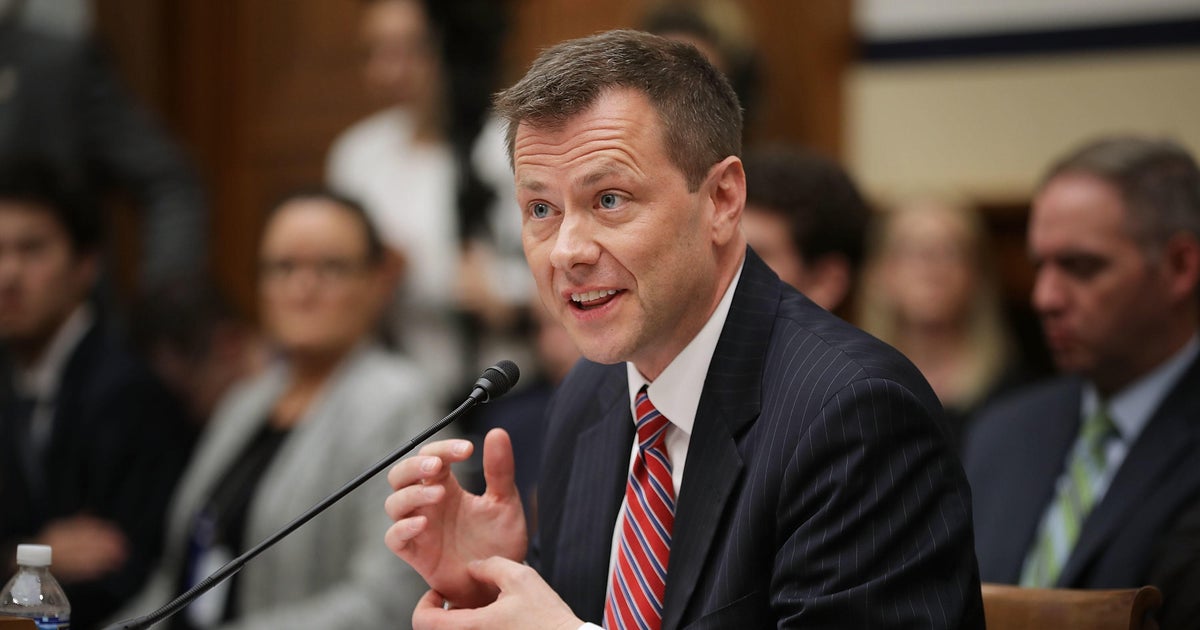Polling analysis: Do voters view Biden and Trump as moderate or extreme?
One of the Trump campaign's main attack lines portrays Joe Biden as a puppet of the radical left and stokes fears of socialism. Is this messaging resonating with voters, and conversely, how extreme or moderate do voters think President Trump is?
In political campaigns, opponents often try to portray each other as too extreme or out of touch with regular citizens. We took a look at registered voters in two battleground states that are critical for Trump's path to reelection: Georgia and North Carolina. In both states, four in 10 registered voters identify as conservative themselves, outnumbering both self-identified moderates (about three in 10) and liberals (about a quarter).
A majority of Georgia voters — 55% — view Biden as liberal, while 24% call him moderate. Voters are twice as likely to say he's very liberal (36%) than somewhat liberal (19%); however, most in the former group are self-described conservatives and Trump voters, indicating they view Biden as out of step with their own views.
Self-described moderates see the presumptive Democratic nominee quite differently: a 45% plurality call him moderate, with another 16% saying he's somewhat liberal and just 20% saying very liberal. In fact, moderates are even more likely to call Biden moderate than self-described liberals are. Among the latter, half call him liberal (31% somewhat and 19% very).
Biden's numbers in North Carolina are very similar, including the differences by voters' own ideology. Conservative voters tend to call Biden very liberal, while moderates and liberals tend to put him somewhere between moderate and somewhat liberal. Beyond the Republican base, few voters see Biden as being on the far left at this point in the campaign.
If voters' views of Biden's ideology are mixed, their views of Mr. Trump are much more consistent. Again, the states tell a similar story, so let's focus on Georgia. Here, a 55% majority call Trump conservative — identical to the percentage calling Biden liberal — with similar numbers saying very conservative (30%) and somewhat conservative (25%).
And it's conservative voters who are most likely to say Mr. Trump is conservative — more so than both liberal and moderate voters, though most liberals agree. In Georgia, about four in ten White evangelicals call Mr. Trump very conservative, and so do four in ten liberals. So, unlike Biden, Mr. Trump elicits similar views from his base and the other side.
The president's "moderate" number is only 13% in both Georgia and North Carolina, noticeably lower than Biden's number in each state. This stands in contrast to national polling four years ago that showed people tended to view Mr. Trump as more moderate than the Democratic candidate. Back then, Republicans were more likely to describe him as moderate than conservative. Nearly four years into Mr. Trump's presidency, many have changed their minds.
However, there's another important difference between the candidates: Mr. Trump continues to defy labels for many voters. In both states, 22% say they're not sure which label applies to him or don't think in those terms — about double the percentage saying so about Biden. This sentiment is most common among self-described moderates (31% in each state), who tend to hold a mix of liberal and conservative views and often don't fit neatly into ideological buckets themselves.
Avoiding easy categorization worked in Mr. Trump's favor in 2016. Now he has the added advantage that many conservative voters now see him as ideologically akin to them. Nevertheless, if his goal is to convince swing voters that Biden is the extreme one, then the Trump campaign has its work cut out for them.
These surveys were conducted on behalf of CBS News by YouGov between July 28-31, 2020. They are based on representative samples of 1,131 registered voters in Georgia and 1,152 in North Carolina. Margins of error: +/- 3.4 points in Georgia and +/- 3.8 points in North Carolina.




